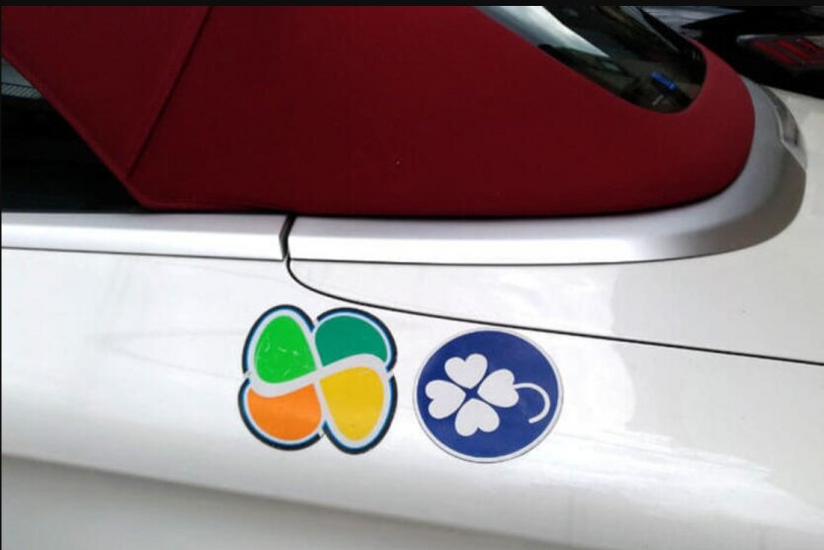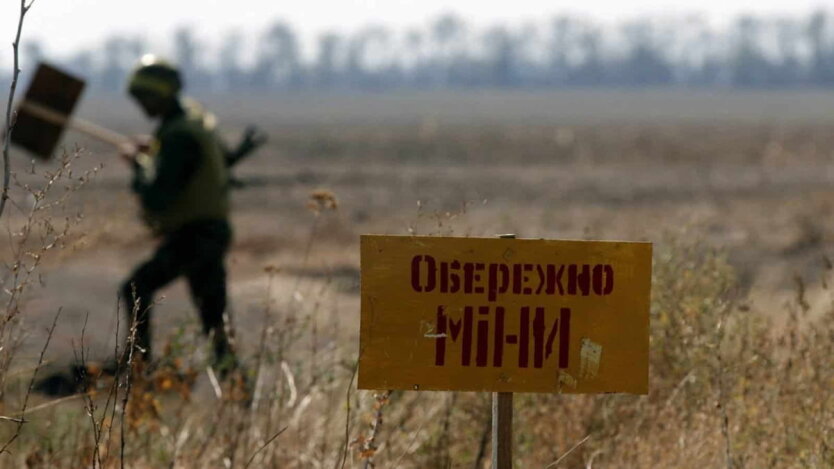Elderly drivers are required to use a special sign: where the rule has been introduced.
11.01.2025
2870

Journalist
Shostal Oleksandr
11.01.2025
2870

Unusual traffic rules around the world
Traffic rules can sometimes be quite unusual and even absurd. Aside from standard speed limits and safety requirements, various countries have some truly astonishing laws.
America and its whims
In California, there is a law that prohibits
jumping from a moving car at speeds over 65 miles per hour. Obviously, this law came about after a series of failed stunts or suicide attempts.
In Denver, Colorado, there is a rule that
black cars are prohibited to drive on Sundays. This law has been in effect since the beginning of the automotive era, although it is practically never enforced.
European peculiarities
In Germany, there is a strict law regarding driving on the autobahns. If you run out of gas on the autobahn, it is considered
a violation, as the driver is required to monitor fuel levels. The fine can reach several hundred euros.
In Switzerland, it is prohibited to
slam car doors in residential areas after 10:00 PM. This is due to local noise pollution laws and respect for neighbors' peace.
Asian rules
In China, there is an unusual rule for taxis:
drivers are required to regularly sniff the passenger seats to determine if someone has left an unpleasant odor. This is considered part of the service and care for subsequent passengers.
In Japan, drivers over 75 years old are required to display a special sign 'Koreijamark' (senior driver sign) on their vehicles. This is done so that other road users exercise special caution.
Read also
- Fled from G7 and scandalized over Putin: what the new summit was remembered for by Trump
- To clear land in Ukraine, almost 1 trillion UAH is needed - MP
- Furniture, pharmaceuticals, products: processing enterprises will receive grants
- The meteorologist explained when the real summer heat will hit Ukraine
- The borscht index has been updated again: Ukrainians revealed the real cost of the main dish
- Not TCC: The Armed Forces responded who can determine suitability for service










